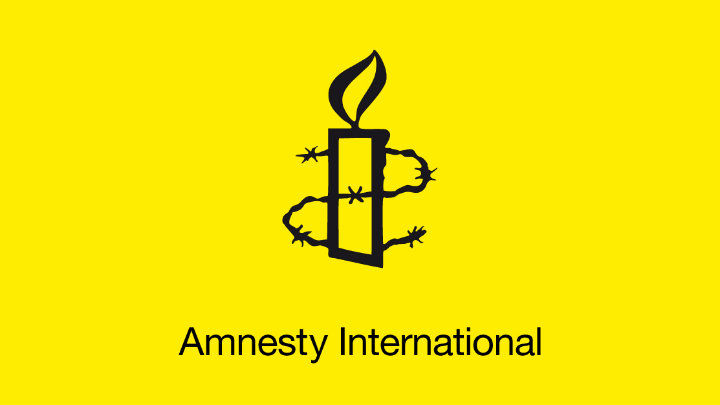NGO shutdown ‘shows repression hasn’t gone away’: Amnesty
Amnesty called on the government to reverse its decision to ban MDN.

06 Nov 2019, 09:00
The government’s decision to dissolve NGO Maldivian Democracy Network over the alleged slander of Islam in a 2016 report shows that “old patterns of repression” remain in place despite the change of government one year ago, Amnesty International said on Tuesday.
The ministry of community empowerment deregistered the NGO on Tuesday after the Islamic ministry and police concluded that MDN’s ‘Preliminary Assessment of Radicalisation in the Maldives’ mocked Islam and Prophet Mohamed. The 2003 associations law prohibits NGOs from contradicting tenets of Islam or undermining religious unity, the ministry noted.
“The new Maldivian government was supposed to mark a break with the island nation’s repressive past. The decision to shut down the MDN’s operations, however, show that time-worn tactics to intimidate human rights defenders and shrink space for civil society remain a threat,” said Dinushika Dissanayake, South Asia Research Director at Amnesty International.
“The MDN is being punished for exercising its legitimate right to freedom of expression. The fact that a more than four -year-old report is being cited now as grounds to shut down the NGO raises suspicions as to the true motives behind this decision. Is the new government just as intolerant of critical voices as the one it replaced?”
Become a member
Get full access to our archive and personalise your experience.
Already a member?
Discussion
No comments yet. Be the first to share your thoughts!
No comments yet. Be the first to join the conversation!
Join the Conversation
Sign in to share your thoughts under an alias and take part in the discussion. Independent journalism thrives on open, respectful debate — your voice matters.




